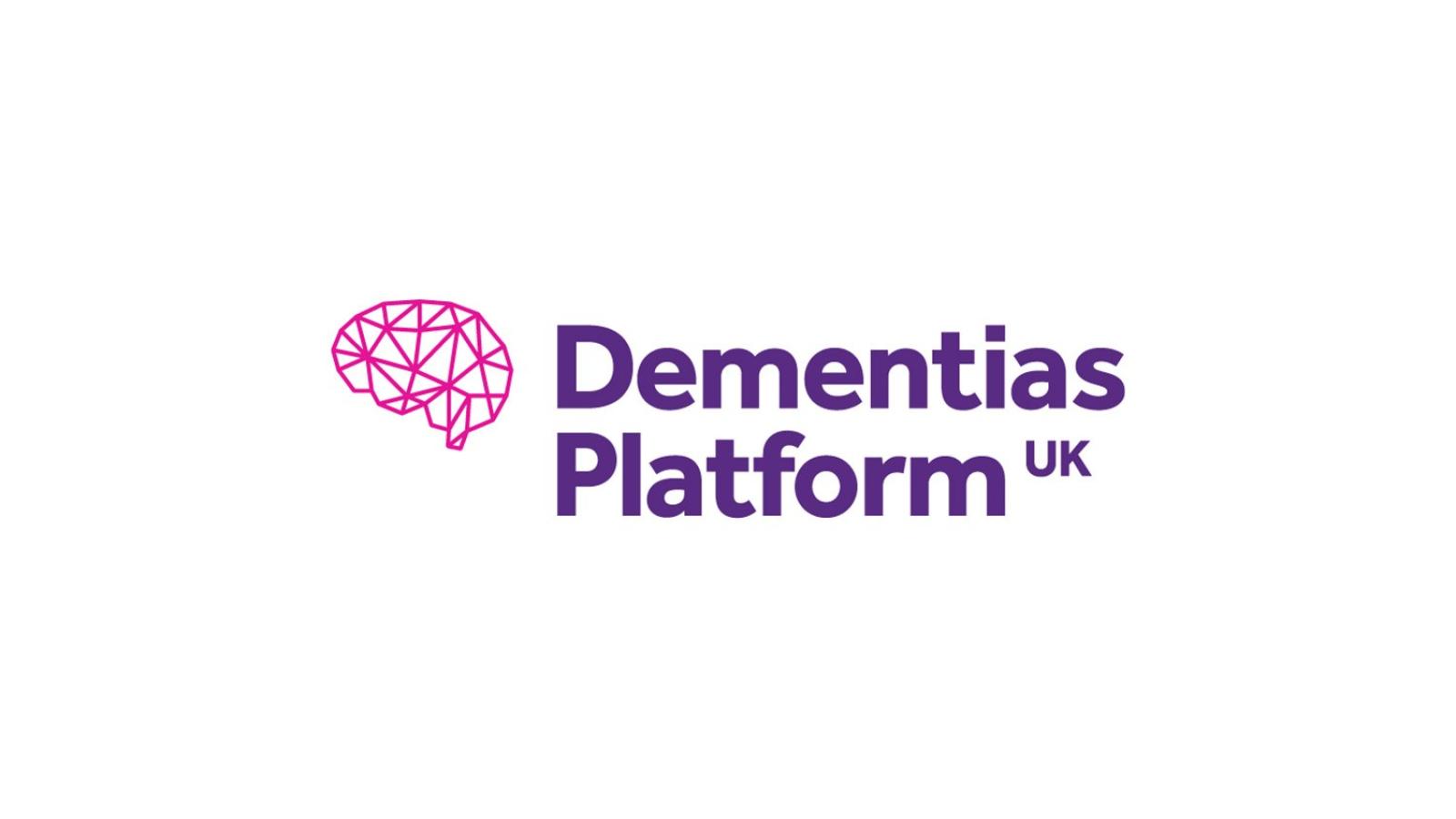To make breakthroughs in finding treatments and technologies for dementia, it is essential that the UK establishes a collaborative, joined-up research ecosystem. As part of this network, we’re proud to be a partner of Dementias Platform UK (DPUK) - revolutionising dementia studies and cohort research through expert technology networks in imaging, stem cell and informatics. For their recent event Translation2023, Prof Bart De Strooper (UK DRI Director) and Dr Giovanna Lalli (UK DRI Director of Scientific Affairs) outlined the importance of collaborations like this for dementia research, and the exciting joint activities already underway.
Dementia is not a disease. It is a symptom appearing only in the very late stages of different devastating neurodegenerative disorders. Compared to other fields like cancer, dementia remains poorly understood, due to historic under-investment in research and the sheer complexity of the human brain. It is for this reason that the UK Dementia Research Institute (UK DRI) was set up in September 2017. We are committed to filling the ‘knowledge gap’, diving deep into early disease mechanisms – a fundamental step to develop new ways to diagnose, monitor, treat and hopefully one day prevent dementia.
This is an exciting time for dementia research, thanks to recent extraordinary technological advances that are allowing us to better study the brain, from single molecule/single cell through to system level. In parallel, new data-driven approaches are allowing us to link research on molecules, cells and tissues to clinical phenotypes and outcomes. These interdisciplinary approaches have already started to identify novel hypotheses and to provide new biological/clinical insights into neurodegeneration. Central to this is data integration: linking mechanistic research including human-derived samples with clinical observations and translation is crucial to deepening our understanding.
It is in this spirit that we have been developing a series of joint DPUK-UK DRI events across shared thematic areas of interest: Synapse, Vascular and Neuroimmunology. These events included interactive workshops and scientific symposia exploring innovative disease models, molecular mechanisms highlighting novel potential targets, and biomarkers. As an example, the joint DPUK-UK DRI workshop on ‘Experimental models of vascular disease and cognitive impairment’ (Manchester, March 2022) brought together >50 pre-clinical and clinical researchers from across the UK, promoting the formation of collaborative research groups and knowledge exchange.
The UK DRI and DPUK share a commitment to developing the next generation of dementia researchers in an interdisciplinary environment. Together, we have empowered our early career researchers (ECRs) through a series of joint DPUK-UK DRI virtual and in-person ECR events, including research talks, plenary lectures, methodology sessions and lively scientific debates. We will continue to build capacity and nurture a scientific community that thrives on mutual learning, building bridges between basic and clinical research.
Collaborative projects are already underway. DPUK and UK DRI members are already working together on aspects that are crucial to tackle dementia, from leveraging human genetics and innovative biomarkers for early diagnosis to developing novel diagnostic PET ligands, unravelling causes of disease through human stem cell models based on polygenic extremes (through the IPMAR platform), and testing novel therapeutic approaches. Together, we need to build on this momentum, using discovery science as the foundation of an intensely collaborative ecosystem. By connecting across the disciplines, we will continue to foster a dynamic research environment, attract investment and achieve real progress in defeating dementia.
Bart De Strooper and Giovanna Lalli
Source: Dementias Platform UK
Article published: 2 March 2023
researchers came together for a joint UK DRI-DPUK workshop last year
